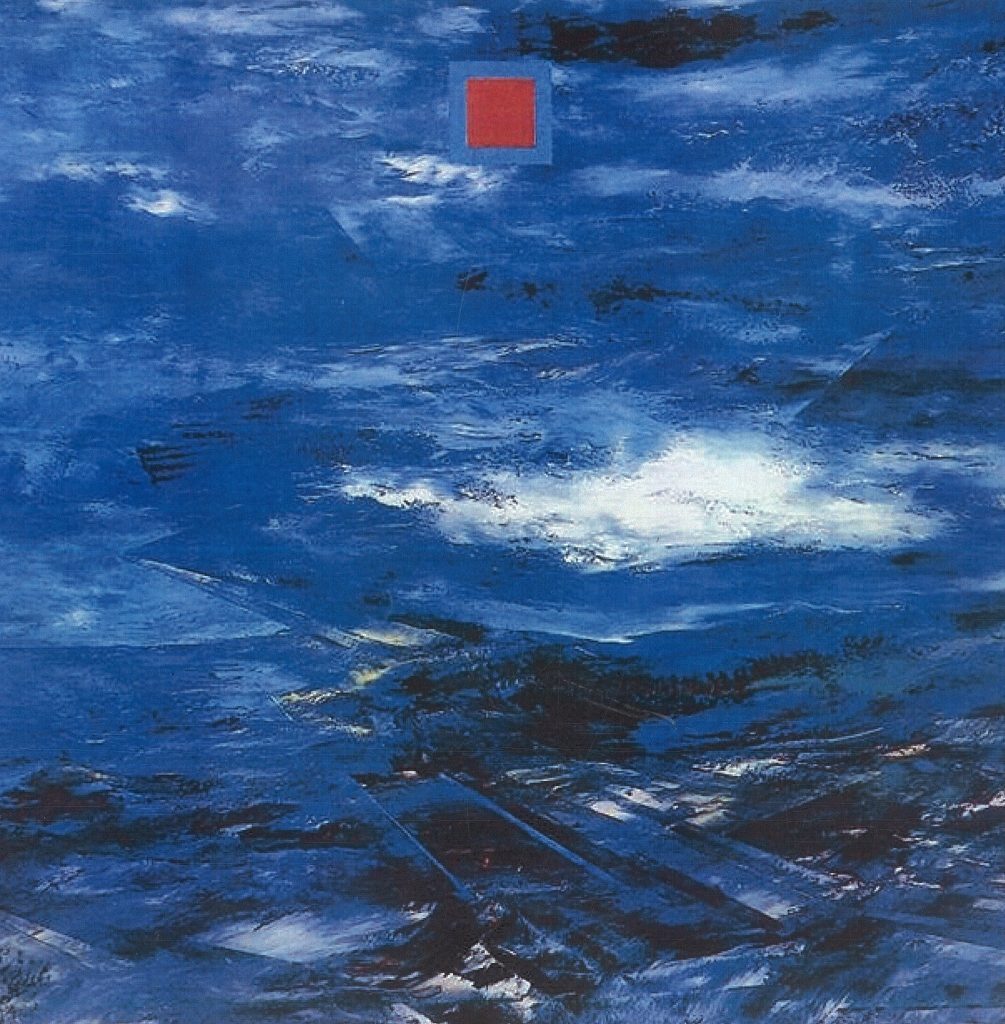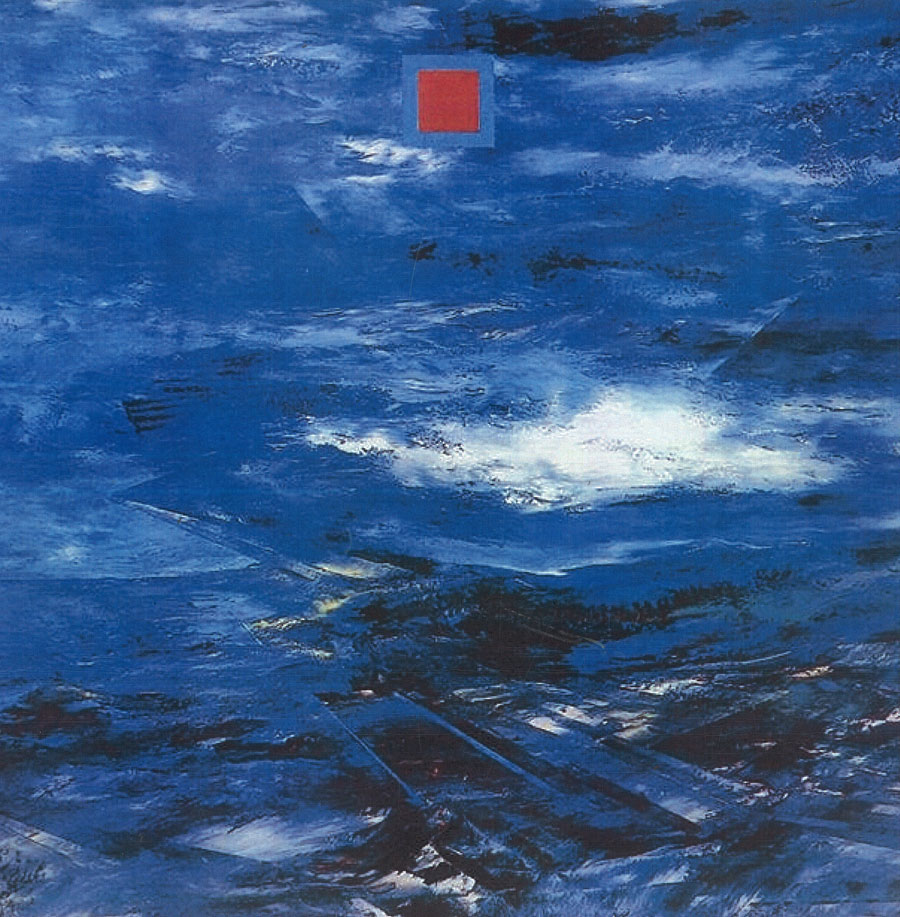
As places that are equally diaphanous and misty, islands and archipelagos have signed decisive chapters in the history of mankind, becoming points of frictions, symbiosis, crossbreeding and cultural exchanges. The first known samples of lyric poetry were born in a Mediterranean island, Lesbos, by the first half of the 7th century BCE, and the first triumphant revolution of slaves in history arose in a Caribbean island, Hispaniola, between 1791 and 1804. Nevertheless, if any definition can be brought to debate, given that it is originated in convention, we cannot stop asking ourselves where an island ends and where a continent begins. ¿Is the Earth an archipelago of continents in the ocean which covers two thirds of its surface? ¿Is the Universe, the cosmos archipelago, a conjunction of numberless insular bodies which navigate the night of void? Is being an islander a definitory trace of our presence in the world? If we pay heed to Derek Walcott, “To have loved one horizon is insularity”, because we come from islands and we are in debt with them, but in a cohabitation which exceeds any border.
An island is defined more by its history than by its geography, because as in Pedro Salinas’s verses “The time of island: is counted / in magical ciphers”. Every island produces an ensemble of cultural representations among its inhabitants and visitors, in a way that imageries become a shared island. Its dwellers have always been seen as the others, as the visited isles. From its condition of transit hubs, marked by commercial and migratory movements, as well as by the phenomenon of tourism, islands have often experienced a tragical history, full of structural violence and inequalities, but they also fulfill suitable conditions for building cosmopolitan societies and cultures, that will not perceive the other as an enemy, but as a difference full of similarities, with whom a common future can be created. That is the “prestige of the islands”, which Eugenio Granell talks about in his pictorial and literary works.
At the same time, islands often appear as peripheries of culture, far from big continental centers and its dynamics of global functioning, which tend to relegate or exclude anything placed out of its limits. In this historic drift, Trasdemar wants to present itself as a determined bid for the literary and cultural diversity of habitable open insularities, as plurality and difference, against the centralized visions of culture promoted by power. As the philosopher Marina Garcés claims, we currently live a “posthumous time”, when social majorities have abandoned their expectations of transforming reality, in order to place themselves in a permanent fear of the apocalypse, of the destruction of the known world. If islands renovate indefinitely the dreams and hopes for a better world, we must populate the global condition of life and culture with islands. Our vocation consists in bringing back depth to the oceans.
We do not accept the irreversible nature of catastrophe and we oppose the authoritarian impulses which have always invoked violence as a way of controlling life, spaces and ideas. In the confusion of this “posthumous time”, we need to rebuild the bonds between culture and emancipation, as Garcés proposes, reaffirming the freedom and dignity of human experience to learn from itself. Insular literatures, because of their dispersion and originality, go beyond the borders of merchandise and closed systems. The cosmos archipelago which we evoke resembles the sideral space and the prodigy of human mind, in a continuous movement from the unknown, in the same way that poetry is built as a polyphony and multiverse, as a phenomenon which knows no limits or barcodes.
Our critical approach must not be mistaken as the modernization project which has dominated the planet during the last three centuries, expanding capitalism at an inhabitable scale. On the contrary, critical thinking will not stop questioning this project, generating political and cultural alternatives in times of uncertainty. We stand on the islands where Benjamin Péret discovers his starfish house, showing the path to the unheard possibilities of creativity and fabulation for posterity.
In this sense, Trasdemar aspires to become, from Canary Islands, a critical reference, following the tradition of cultural magazines from the archipelago, that reaches its peak with Gaceta de Arte and continues with different publications, like Planas de Poesía or Syntaxis, and many others, during the 20th century. We recognize the importance of our predecessors as a value which helps us propel ourselves towards the future and state our purpose of generating a specific space where authors from different islands can express their vision of reality through literatures, imageries and archipelagos.
Thereby, we intend to provide a habitat for diversity, for the multiple trends and confluences of contemporary literature in digital times, fostering an open dialogue and the coexistence of creators. This commitment with diversity becomes imperative when culture struggles to stay afloat, like the castaways of The Raft of the Medusa, in a world which faces many risks and threats, under the weight of a dehumanizing global crisis. Only in this way literatures can vindicate a critical humanism in a moment when the very notion of humanity is in crisis.
Islands are our intangible heritage, the cosmos archipelago, the blank pages of future history.
Translated by David Guijosa y Ramiro Rosón



